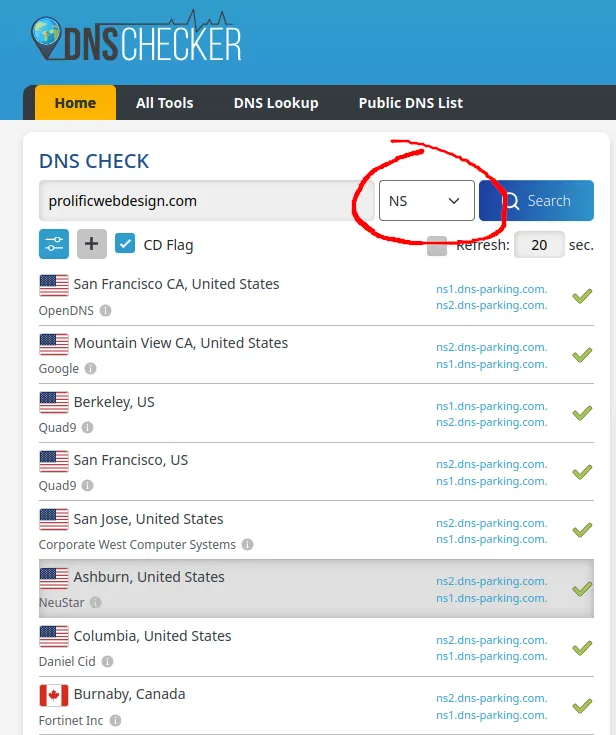Understanding Hosting
Go back to course Info | Module 1: Domain Name | Module 3: WordPress
To make your website visible to the world, it needs to be hosted on a web server. When someone types your domain name or clicks on a link to your site from a search or paid ad, they are accessing your website through this server. However, not all hosting providers are created equal. Some offer great services at reasonable prices, while others may charge a premium for extras that may not be necessary.
Before committing to a hosting provider, take your time. Ask around to see where others are hosting their sites and how satisfied they are with the service. Be cautious of online reviews; many are unverifiable and may not reflect actual experiences.
Choosing the Right Hosting Provider
Once you’ve shortlisted potential hosting providers, reach out to them. Engage with their customer support to get a feel for their service. Here are some key questions to consider:
- What plans do they offer, and which one do they recommend for your needs?
- Do they include email hosting?
- Is a free SSL certificate provided?
- What are the renewal rates after the first year?
Hosting Plans Overview
When selecting a hosting provider, you’ll typically encounter three main types of hosting plans. Understanding these options can help you choose the right fit for your needs:
- Single Website Plan:
- Overview: Designed for those who only need to host one website. This plan usually offers essential features like storage, bandwidth, and email accounts.
- Ideal For: Personal blogs, small business websites, or portfolio sites.
- Up to 10 Websites Plan:
- Overview: This plan allows you to host multiple websites under one account, making it more cost-effective for users managing several projects. It often includes added features like enhanced storage and performance.
- Ideal For: Small businesses with multiple services or projects, and freelancers managing client sites.
- Unlimited Features Plan:
- Overview: The top-tier option that provides unlimited storage, bandwidth, and additional features like SSL certificates and advanced security measures. This plan is ideal for larger businesses or those expecting significant traffic.
- Ideal For: E-commerce sites, high-traffic blogs, and businesses requiring robust performance.
Quick Reference of Key Hosting Terms
- Storage: The amount of data you can store on your server, including website files, databases, and email accounts.
- Bandwidth: The amount of data transferred to and from your website. Higher bandwidth supports more visitors and larger files.
- SSL Certificate: A security feature that encrypts data between your website and its users, essential for e-commerce and user trust.
- Email Accounts: Custom email addresses linked to your domain (e.g.,
info@yourdomain.com) that enhance your professional image.
By understanding these hosting plans and terms, you’ll be better equipped to make an informed decision when purchasing web hosting services. If you have questions, feel free to comment below!
Black Friday Deals: A Smart Time to Buy Hosting
If you’re considering purchasing hosting services, planning around Black Friday or Cyber Monday can be advantageous. During this time, many hosting providers offer significant discounts, sometimes up to 70% off, along with additional features that may not be available at other times of the year.
However, be wary of countdown timers that create a false sense of urgency. While it’s true that these offers typically expire after Black Friday or Cyber Monday, the pressure to buy can lead to hasty decisions. Take the time to compare the features and services included in these promotional packages to ensure you’re getting the best value for your needs.
Glossary of Hosting Terms
Familiarizing yourself with common hosting terminology can help you make an informed decision. Here are some essential terms to know:
- Shared Hosting: Multiple websites share the same server resources, which is cost-effective but can affect performance.
- Dedicated Hosting: You have an entire server to yourself, offering better performance and control but at a higher cost.
- VPS (Virtual Private Server): A middle ground between shared and dedicated hosting, providing more resources and control without the full cost of a dedicated server.
- SSL Certificate: A security protocol that encrypts data between the user and the server, essential for protecting sensitive information.
- Nameservers: These tell the internet where to find your website by linking your domain to the hosting server.
Most reputable web hosts also offer a 30-day money-back guarantee, giving you peace of mind if the service doesn’t meet your expectations.
Connecting Your Domain to Your Hosting
Once you purchase a hosting plan, you’ll receive nameservers from your hosting provider. If you bought your domain separately, you’ll need to input these nameservers where your domain is registered. If your domain was included in your hosting package, this step might not be necessary.
It can take up to 24 hours for the nameservers to propagate globally. A handy tool to track this process is dnschecker.org

After the nameservers have propagated, your web host will typically display a generic page. If you’re using WordPress (as covered in our next module), you’ll need to replace this temporary page with your own content.
Final Thoughts
While the world of web hosting may seem complex at first, it’s manageable with a little patience and research. If you have any questions as you navigate this process, feel free to leave a comment below!
Go back to course Info | Module 1: Domain Name | Module 3: WordPress